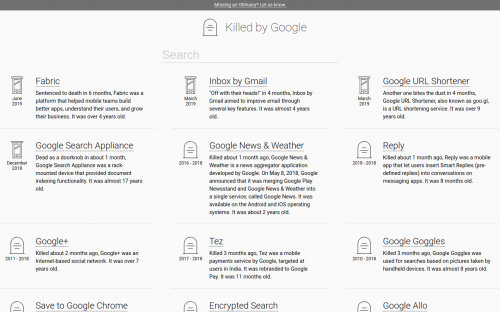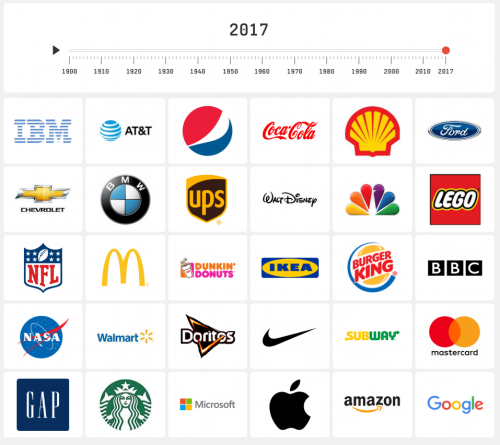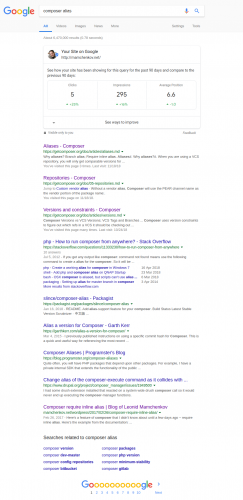LWN runs an interesting article, covering different ways of archiving a website. It sounds trivial, but it’s not. Even the simplest of ways – wget – will probably take you a few dozen attempts to figure out the following:
$ wget --mirror --execute robots=off --no-verbose --convert-links \
--backup-converted --page-requisites --adjust-extension \
--base=./ --directory-prefix=./ --span-hosts \
--domains=www.example.com,example.com http://www.example.com/
There a few other interesting tools (like pywb) mentioned.



